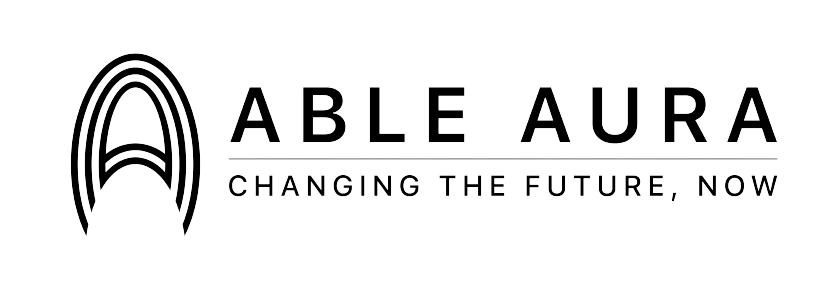Confused about myths on the internet about your epileptic child? 11 myths debunked!
Epilepsy is one such condition around which numerous misconceptions revolve, mainly due to the lack of awareness. But, the condition itself is serious enough for you to find ways to accommodate your child with the best of every aspect of life. Here are a few myths surrounding this condition; let’s get to debunking!
1. A swallowed tongue and a seizure
The myth surrounding seizures is that epileptic people swallow their tongue while having a stroke. This is simply a wrong concept! In reality, it is not possible to swallow your tongue if you are having a seizure.
2. A seizure and the myth of choking
This is a severe deal! Many people think that while a person is going through a seizure, it is in their best interest to put something in their mouth to prevent the person from choking to death. In reality, it is never okay to perform such an action. It is best to gently roll the person going through a seizure onto one side and call for medical assistance.
3. A seizure and a restraining
You must have heard about the famous ‘restrain the person having a seizure’ method while a person is having a seizure, right? Guess what, that’s wrong. It is not okay to hold someone down forcefully while they are having a seizure. It is best to clear out the surrounding area of any obstacles or shard edgy stuff that could hurt the person and put some form of soft padding under their head.
4. A contagious condition
This doesn’t deserve more than a single-liner! Epilepsy is not a contagious condition; that’s all, folks!
5. A painful seizure
Popular belief suggests that people undergoing seizures are in extreme pain! While this is not true, because facts dictate that the person is unconscious, a prolonged seizure can cause muscle aches and tiredness.
6. An intellectual disability
Having an epileptic condition or epilepsy doesn’t automatically make your child intellectually or mentally disabled in any form. But this myth has made its turn around popular belief because epilepsy affects the brain, and so do intellectual disabilities. The frequency of a seizure or its intensity can affect a person’s learning ability to a certain extent. Still, it doesn’t stop them from having similar intelligence as witnessed in people without epilepsy.
7. Epilepsy is a disability?
As discussed earlier, an epileptic condition affects the brain, and high-frequency seizures or those with high-intensity limit daily activities and life in an overall context. But, most people having this condition are not generally termed as disabled.
8. No job and no stress
Many people still believe that people with an epileptic condition should not hold a job or have stressful responsibilities. There are many people with epileptic conditions who hold jobs successfully.
9. A seizure doesn’t mean epilepsy
Popular belief dictates that people with epileptic conditions have seizures. But in reality, seizures can occur from various conditions. Thanks to medical science, even simple medical conditions like high fever or even low blood glucose levels, which are easy to deal with, can give rise to seizures. If your child has seizures, it is best to consult a physician before assuming that your child has an epileptic condition.
10. Seizures and convulsions are the same
No, they are not! Seizures and convulsions are not the same, although people often get confused. Evidence suggests seizures do not reflect in the same way for everyone. While some people may experience a stiff body with uncontrollable jerks, others may suffer from rapid blinking, tingling, hand wringing, et cetera.
11. It is not fatal
Popular belief suggests that while this condition is serious, it is undoubtedly not fatal. This is a wrong concept; prolonged seizures can result in death in various cases
